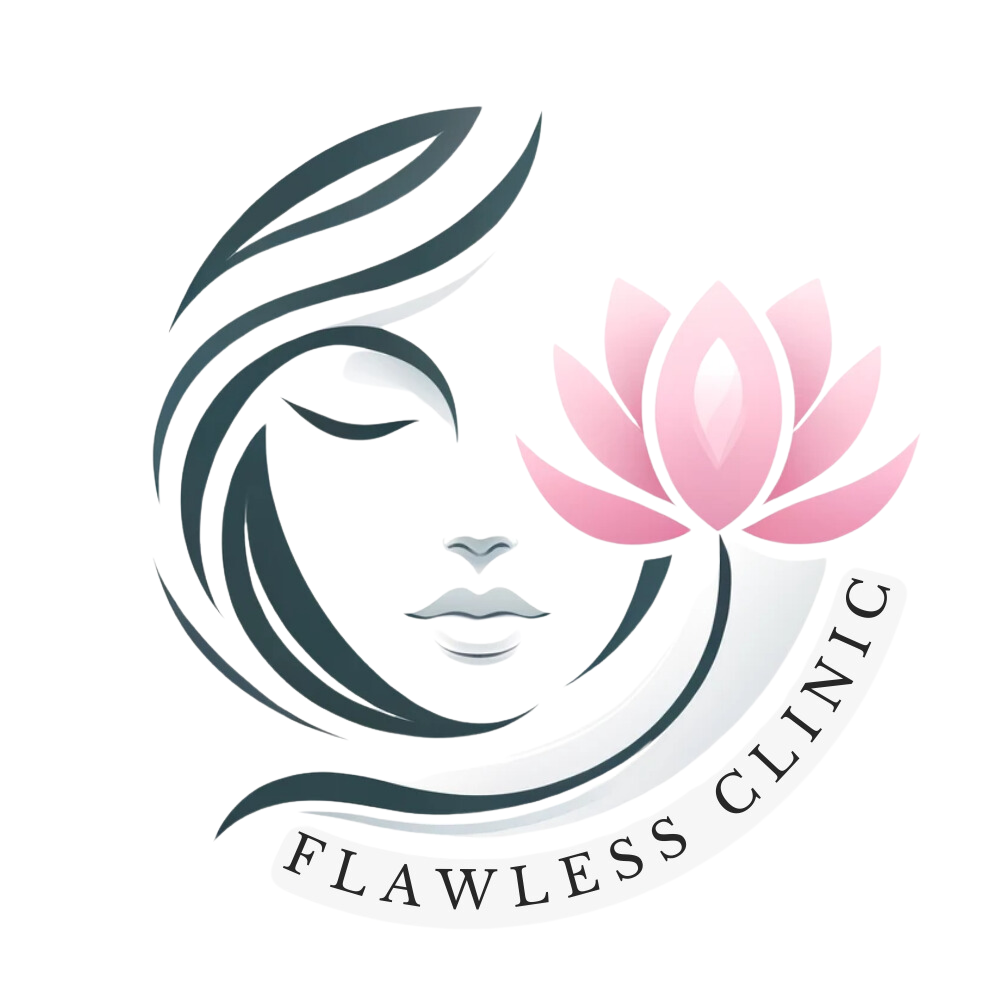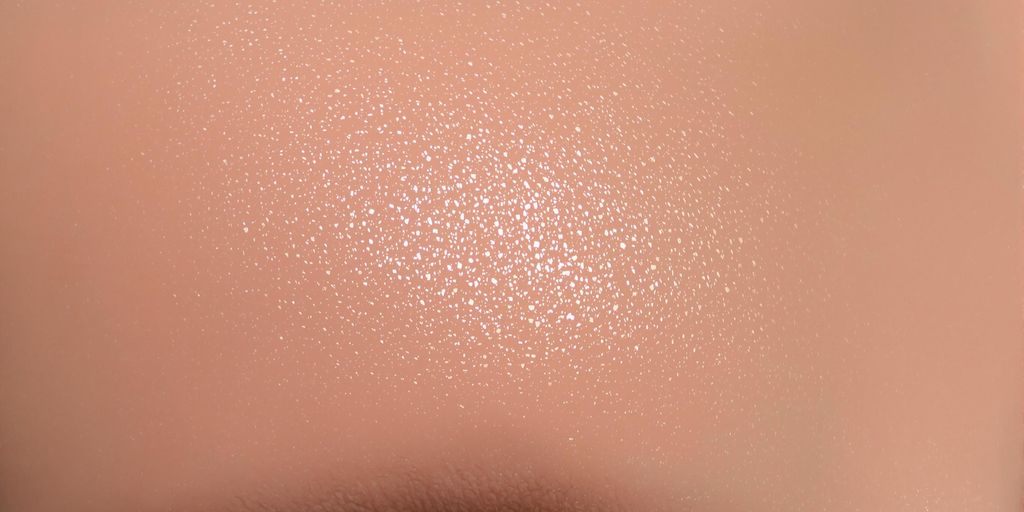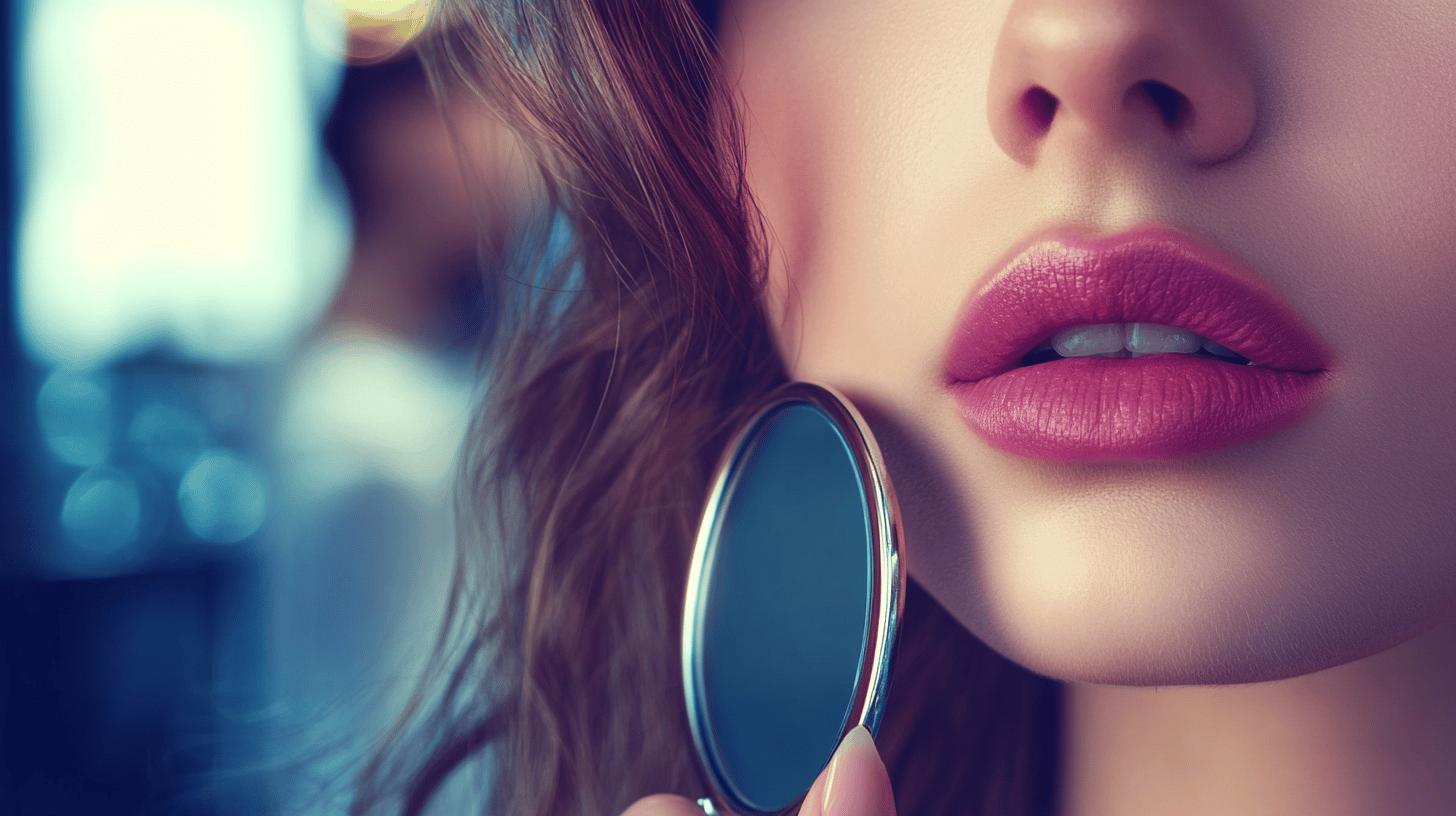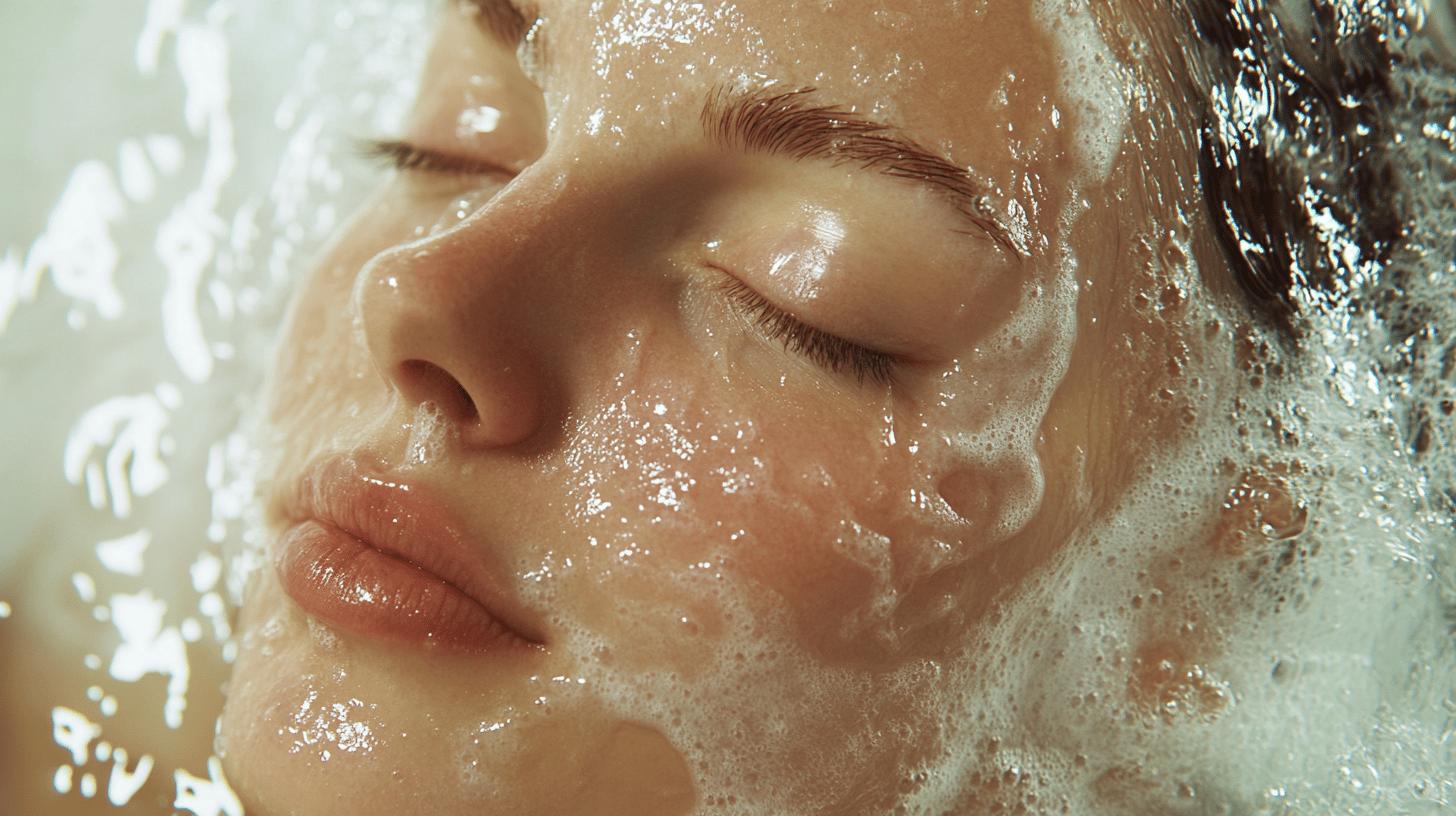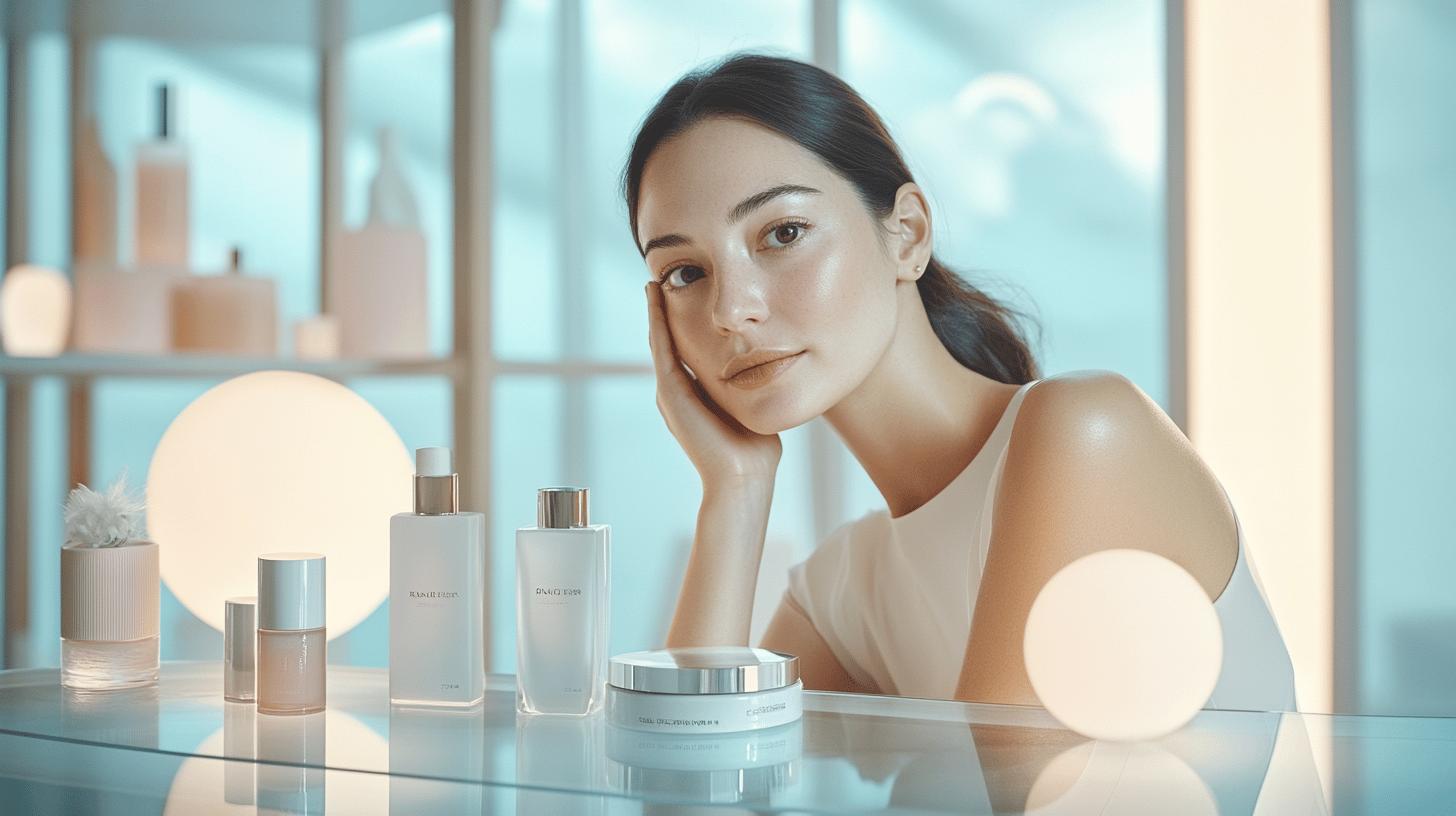Becoming a new mum is a remarkable journey, yet the aftermath of childbirth often brings unexpected changes to one’s skin. Have you ever considered why postpartum skin concerns, such as acne and pigmentation, affect up to 40% of mothers? While the joy of motherhood is unparalleled, the hormonal shifts can significantly affect one’s skin, prompting many new mums to seek effective solutions. In this article, delve into safe, postpartum skin rejuvenation options that cater to breastfeeding mothers, ensuring the well-being of both mum and baby. Explore non-invasive treatments, natural remedies, and professional solutions designed to restore radiant confidence and enhance natural beauty.
Understanding Postpartum Skin Concerns
Hormonal fluctuations during and after pregnancy can significantly impact a woman’s skin. Oestrogen and progesterone levels, which rise during pregnancy, decrease sharply postpartum, leading to various skin concerns. These hormonal changes can exacerbate conditions such as acne, with up to 40% of pregnant women experiencing breakouts due to increased oil production and clogged pores. In addition, other skin issues like pigmentation irregularities and telangiectasia may become more evident as hormone levels stabilise after childbirth.
- Irregular Pigmentation: Hormonal changes can lead to melasma, commonly known as the “pregnancy mask,” which involves dark patches on the skin.
- Acne: Hormonal imbalance postpartum can increase oil production, leading to acne.
- Telangiectasia: Also known as spider veins, this condition may become more prominent due to increased blood volume during pregnancy.
- Hair Shedding: Many new mothers experience temporary hair loss due to the return of hair follicles to a normal growth cycle.
- Skin Laxity: The decrease in collagen production can lead to loose or sagging skin, particularly around the abdomen.
These postpartum skin changes can significantly affect a woman’s self-esteem and daily life. The sudden shift in skin condition can be distressing, especially when new mothers are adjusting to the physical and emotional demands of caring for an infant. The visible changes may lead to feelings of frustration and self-consciousness, impacting social interactions and overall well-being. Addressing these concerns through appropriate skin care routines and treatments can help restore confidence and enhance the quality of life for new mothers.
Safe Skincare Treatments for Breastfeeding Mothers
Ensuring skincare treatments are safe during breastfeeding is paramount for new mothers. The substances applied to the skin can be absorbed and potentially affect breast milk. Therefore, it is crucial to choose products that are recognised as safe, thereby protecting both mother and child. Understanding which ingredients to use and which to avoid can help maintain skin health without compromising breastfeeding.
- Retinoids (Retinol, Tretinoin): Known for their effectiveness in treating acne and stretch marks.
- Azelaic Acid: An effective ingredient for reducing acne and pigmentation.
- Vitamin C: Offers antioxidant benefits and enhances overall skin tone.
- Glycolic Acid: Useful for exfoliation and improving skin texture.
Safe Retinoid Use
Retinoids such as retinol and tretinoin are widely used in skin care for their ability to accelerate cell turnover and improve the appearance of acne and stretch marks. During breastfeeding, these ingredients are deemed safe as they are not significantly absorbed into the bloodstream. This makes them a suitable choice for new mothers seeking effective skincare solutions without the risk of affecting their breast milk. However, it is advisable to use these products cautiously, ensuring they do not come into direct contact with the baby’s skin.
Caution with Hydroquinone
Hydroquinone is commonly used for treating hyperpigmentation, but it is generally avoided during breastfeeding. This is due to its ability to be absorbed into the bloodstream, raising concerns about potential transfer into breast milk. As a precaution, breastfeeding mothers are advised to explore alternative treatments for pigmentation issues to avoid any risk of exposure to their infants. Prioritising safe skincare choices ensures both the health of the mother and the well-being of the baby.
Non-Invasive Skin Rejuvenation Techniques
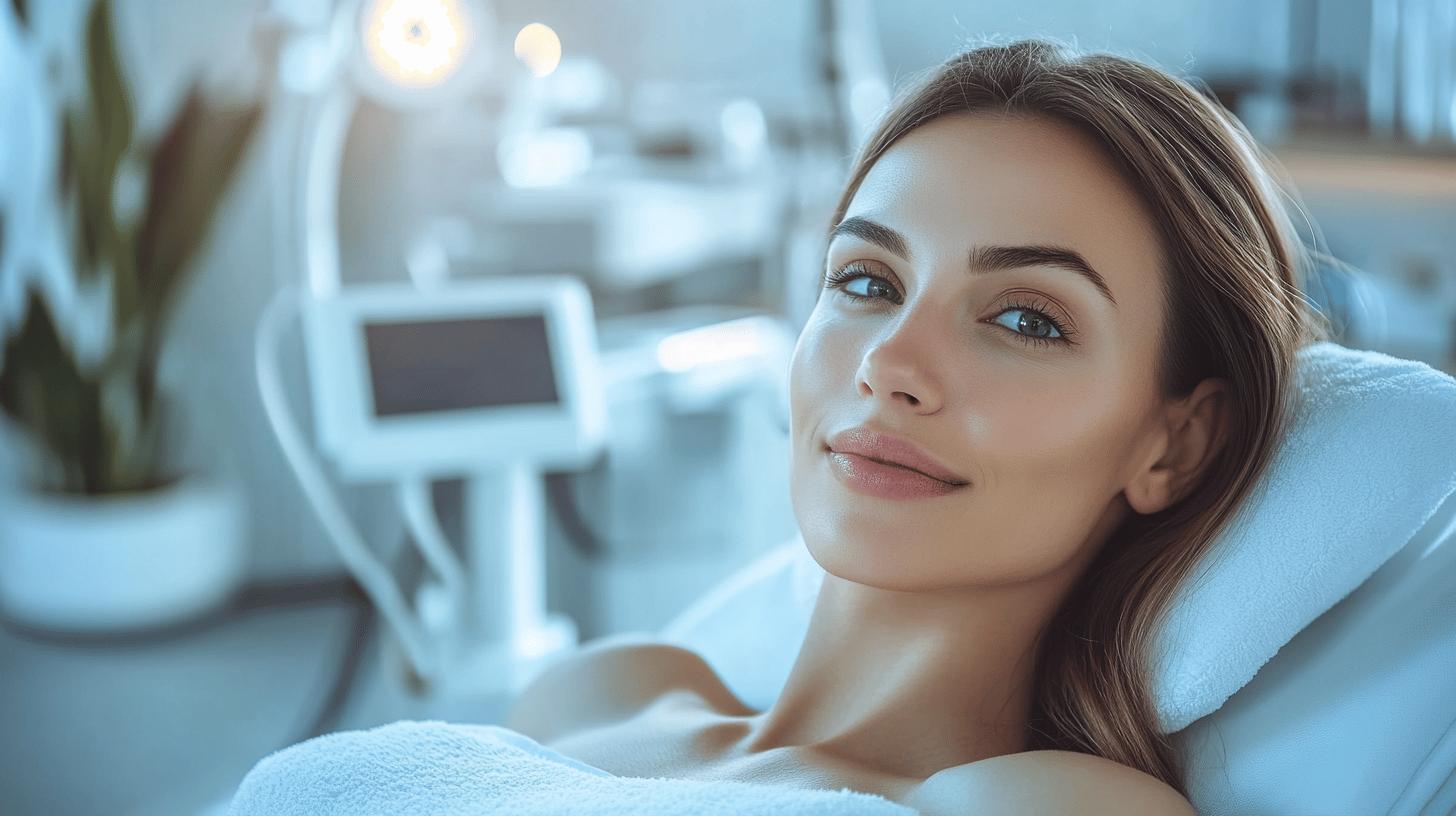
Non-invasive skin rejuvenation techniques present an attractive option for new mothers seeking to address post-pregnancy skin concerns without the need for surgery. These methods are designed to be gentle, with minimal downtime, allowing busy mums to enhance their skin’s appearance while managing their new responsibilities. The focus is often on boosting collagen production and improving overall skin texture, which can alleviate common concerns such as pigmentation, laxity, and dullness.
- Multi-Polar Radio Frequency: Utilises radio frequency to stimulate collagen, improving skin firmness.
- Intense Pulsed Light (IPL) Therapy: Targets pigmentation and vascular lesions for a more even complexion.
- Microneedling: Promotes collagen production through controlled skin injury, enhancing texture.
- Cryotherapy: Uses extreme cold to tighten skin and reduce inflammation.
- Chemical Peels: Exfoliate the skin’s surface, promoting regeneration and clarity.
Laser Treatments
Laser treatments are particularly effective for mothers looking to rejuvenate their skin post-pregnancy. These procedures work by directing concentrated beams of light at the skin, which penetrate through to the deeper layers. This process stimulates collagen production, a critical protein that maintains skin elasticity and firmness, thereby counteracting the effects of skin laxity and uneven texture often experienced after childbirth.
Laser therapies are tailored to individual needs, addressing specific concerns such as pigmentation, fine lines, and scars. The precision of laser technology allows for targeted treatment areas, ensuring surrounding skin remains unaffected. With minimal downtime and noticeable results, laser treatments offer a convenient solution for new mothers seeking to restore their natural glow and confidence.
Natural Remedies for Post-Pregnancy Skin
Natural remedies provide a gentle yet effective approach for new mothers seeking to rejuvenate their skin post-pregnancy. These remedies often utilise ingredients readily available at home, offering both convenience and affordability. The benefits of natural remedies lie in their ability to nourish the skin without the harsh effects often associated with synthetic products. They are known for their soothing and moisturising properties, helping to restore the skin’s natural balance and vitality. By focusing on skin health, these remedies can aid in alleviating common concerns such as dryness, irritation, and loss of elasticity.
- Aloe Vera: Known for its healing properties, it soothes irritation and hydrates the skin.
- Coconut Oil: Provides deep moisturisation and aids in reducing inflammation.
- Shea Butter: Rich in vitamins, it enhances skin elasticity and smoothness.
Incorporating natural remedies into a daily skincare routine is straightforward and can be adapted to fit even the busiest of schedules. For instance, applying aloe vera gel after cleansing can refresh and hydrate the skin, while coconut oil can be used as a moisturiser or as part of a gentle massage to enhance circulation. Shea butter can be applied to areas needing extra nourishment, such as the abdomen or thighs, to improve skin texture. By integrating these natural ingredients into regular self-care practices, new mothers can maintain healthy, radiant skin while enjoying the soothing benefits of nature’s offerings.
Professional Treatments for New Mums
Consulting with professionals is crucial for new mothers seeking to address specific post-pregnancy skin concerns. Aesthetic clinics provide expert skin consultations, offering tailored solutions that cater to individual needs. This personalised approach ensures that mothers receive treatments that are safe, effective, and aligned with their skincare goals. Professional treatments can address a range of issues, from stretch marks and scars to overall skin rejuvenation, allowing new mums to regain confidence in their appearance.
Micro-needling
Micro-needling is a popular choice among new mothers for improving skin texture and appearance. This treatment involves using fine needles to create controlled micro-injuries on the skin’s surface. The body’s natural healing process is triggered, resulting in increased collagen and elastin production. These proteins play a vital role in maintaining skin firmness and elasticity, which can be compromised after pregnancy.
Micro-needling is particularly effective in reducing the appearance of stretch marks and scars, cwhich are ommon concerns for postpartum women. The procedure is minimally invasive, with little downtime, making it a practical option for busy mums. Over a series of sessions, micro-needling can significantly enhance skin smoothness and tone, contributing to a more radiant and youthful complexion.
Rebuilding Skin Confidence Post-Pregnancy

Post-pregnancy skin changes can have a profound psychological impact on new mothers, affecting their self-esteem and overall well-being. As the body undergoes significant transformations during and after pregnancy, many women struggle with visible skin concerns such as pigmentation, stretch marks, and laxity. These changes can lead to feelings of self-consciousness and dissatisfaction, making it challenging for new mothers to reconcile their self-image with their physical appearance. The emotional toll can be substantial, influencing daily interactions and contributing to a sense of diminished confidence.
- Establish a Skincare Routine: Consistent skincare practices can improve skin texture and appearance.
- Prioritise Hydration: Drinking plenty of water helps maintain skin elasticity and radiance.
- Engage in Regular Exercise: Physical activity boosts circulation, enhancing skin health and vitality.
- Practice Mindfulness: Stress reduction techniques, such as meditation, can positively affect skin condition.
Seeking professional advice is essential for new mothers aiming to address specific skin concerns effectively. Aesthetic professionals can provide expert guidance and tailor treatments to individual needs, ensuring safe and effective results. By consulting with trained specialists, mothers can access a range of treatment options, from non-invasive procedures to advanced skincare solutions designed to restore skin confidence. This personalised approach not only enhances physical appearance but also supports emotional well-being, empowering new mothers to embrace their post-pregnancy bodies with renewed self-assurance.
Final Words
Navigating post-pregnancy skin changes can be challenging for new mothers as they often face concerns such as hormonal acne and irregular pigmentation. However, with a focus on safety, solutions like breastfeeding-safe skincare and non-invasive rejuvenation techniques can effectively address these issues.
Integrating natural remedies and professional treatments like micro-needling can further enhance skin health and appearance. By rebuilding skin confidence and prioritising self-care, new mothers can enjoy healthy, radiant skin. Exploring options for post-pregnancy skin rejuvenation allows new mums to safely and effectively achieve their skincare goals.
FAQ
Q: What are safe post-pregnancy skin treatments for new mums?
A: Safe post-pregnancy skin treatments for new mothers include:
- non-invasive procedures,
- topical retinoids,
- and natural remedies with ingredients like aloe vera.
Consultation with a healthcare professional is recommended.
Q: Can you get laser treatments on your face while breastfeeding?
A: Laser treatments on the face should be discussed with healthcare providers as safety can vary. Generally, non-ablative lasers may be considered safer. Always consult a specialist before proceeding with treatments while breastfeeding.
Q: Are there risks associated with laser hair removal while breastfeeding?
A: Laser hair removal is not typically recommended during breastfeeding due to insufficient safety data. It is best to speak with a dermatologist or healthcare provider before proceeding.
Q: Can IPL treatments be performed while breastfeeding?
A: IPL treatments while breastfeeding should be approached with caution. Research and consultation with a healthcare provider are essential before deciding to undergo such procedures.
Q: After childbirth, how long should one wait before starting laser hair removal?
A: It is advisable to wait until the breastfeeding period is over before starting laser hair removal. Consult a healthcare professional for personalised advice based on individual circumstances.
Q: Is it safe to have facials while breastfeeding?
A: Facials are generally safe while breastfeeding. However, it is important to avoid certain ingredients like hydroquinone and consult with a professional to ensure all products used are breastfeeding-safe.
